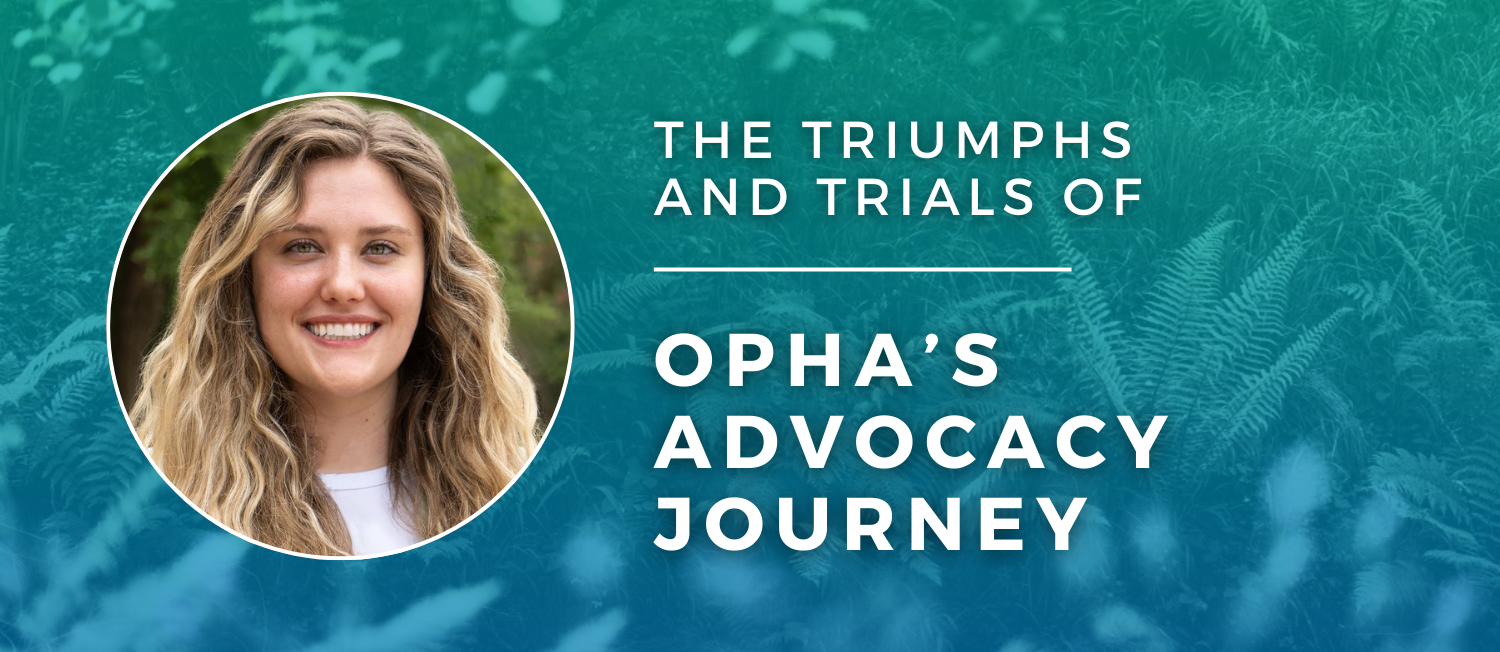McKenzie Cowlbeck, the policy director and Affiliate Representative to the Governing Council for the Oklahoma Public Health Association (OPHA), delved into the successes, challenges, and impactful moments that have defined OPHA’s advocacy work in a conversation with APHA. McKenzie, a passionate advocate for human rights and public health, shared profound insights into the transformative journey propelling OPHA to the forefront of public health advocacy in Oklahoma.
Human Rights and Inclusion
OPHA’s advocacy efforts are firmly rooted in the belief that basic human rights are fundamental to public health. The policy committee meticulously focuses on issues such as child health, food and nutrition, health infrastructure, healthy populations, maternal and reproductive health, mental and behavioral health, public health authority, and tobacco/cannabis use. This comprehensive approach aligns with OPHA’s core philosophy of championing individuals’ rights to lead healthy lives with dignity and respect.
This inclusive approach extends to OPHA’s mantra “Come as you are, when you can,” encouraging contributions from individuals of diverse backgrounds to its advocacy efforts. The increasing diversity within OPHA’s policy committee has been instrumental in shaping the organization’s agenda and has resulted in OPHA undergoing a remarkable transformation when it comes to advocating for and promoting inclusivity. In the past, the organization did not always prioritize LGBTQ+ issues in their policy agenda or broader advocacy discussions. This disregard raised concerns among some policy committee members due to the legislation that directly affected this marginalized community in Oklahoma being overlooked. The members of the policy committee expressed concerns about jeopardizing relationships with legislators and left matters of LGBTQ+ advocacy solely to the expertise of Freedom Oklahoma. However, persistent questioning during committee meetings ultimately prompted a more collaborative approach. This year, there has been a pivotal shift in OPHA’s policy agenda, now explicitly addressing LGBTQ+ rights and issues. The member-initiated discussions about adding the rights of the queer community to OPHA’s policy agenda underscores the organization’s commitment to representing all voices.
Re-establishing the Presence of Public Health
“It didn’t take a lot to get here,” McKenzie said. With an initial grant of $20,000 and the support from APHA, OPHA has achieved a remarkable return on investment and has resulted in substantial growth and impact to build up the advocacy capacity of the organization. The important lesson here is that effective advocacy is possible even when resources are limited. It comes down to having strong beliefs, putting in the effort, and getting support from the community. However, it’s crucial to acknowledge the challenges, especially dealing with a lack of funding and active opposition to public health efforts. As McKenzie put it, “public health is actively attacked in states like mine… this is really hard work to do.”
“[APHA] made it a joy to do this work, even though it is so challenging. The support from OPHA and APHA, that’s really all it took,” McKenzie said. The financial and emotional backing, in the form of monthly calls to connect with other Affiliates and quick turnarounds for Technical Assistance from APHA and the Robert Wood Johnson Foundation has been instrumental in OPHA’s success. McKenzie emphasized the joy in doing this challenging work, attributing it to the collective effort and sense of community within OPHA and its partners.
OPHA’s advocacy journey is a testament to the power of community, courage, and the pursuit of fundamental human rights in public health. The organization’s trajectory reflects a commitment to being braver, bolder, and more outspoken in the face of adversity. As OPHA continues to make strides, the lessons learned and the camaraderie built will undoubtedly shape a healthier and more equitable future for Oklahoma.
–
About the Author
Ursula Oguejiofor is a graduate of the University of North Carolina at Charlotte, where she earned her master’s in public health with a concentration in Epidemiology. Currently serving as an Affiliate Affairs Specialist at the American Public Health Association, Ursula brings a wealth of expertise and dedication to her role.

